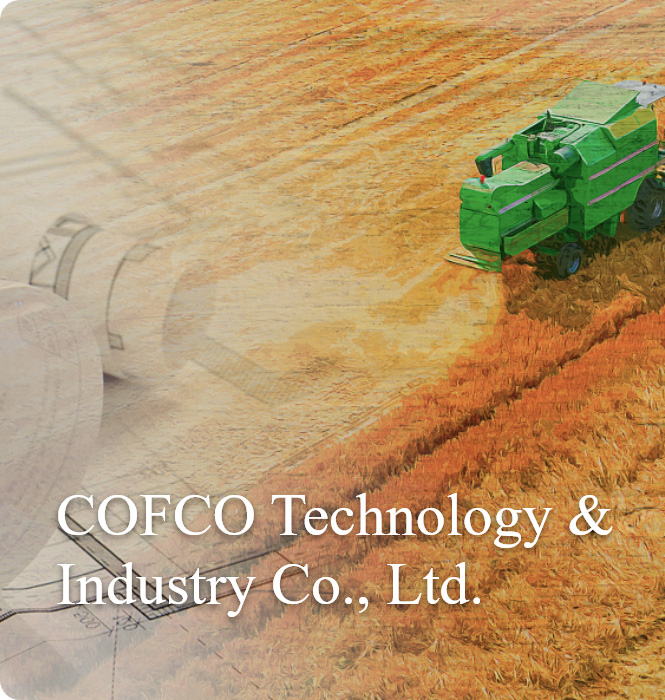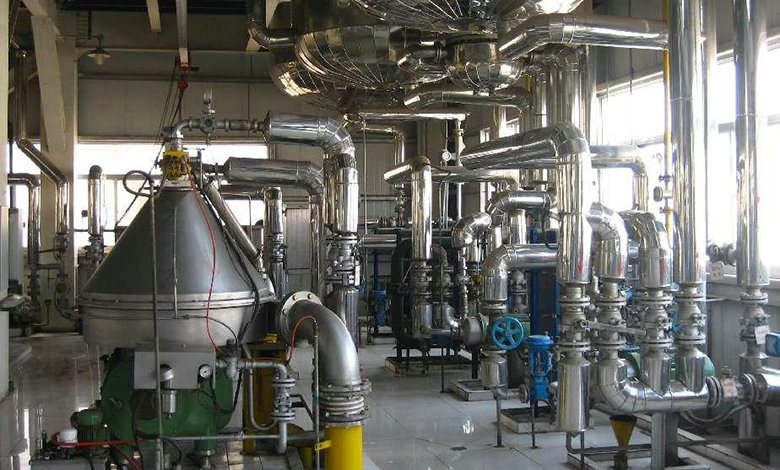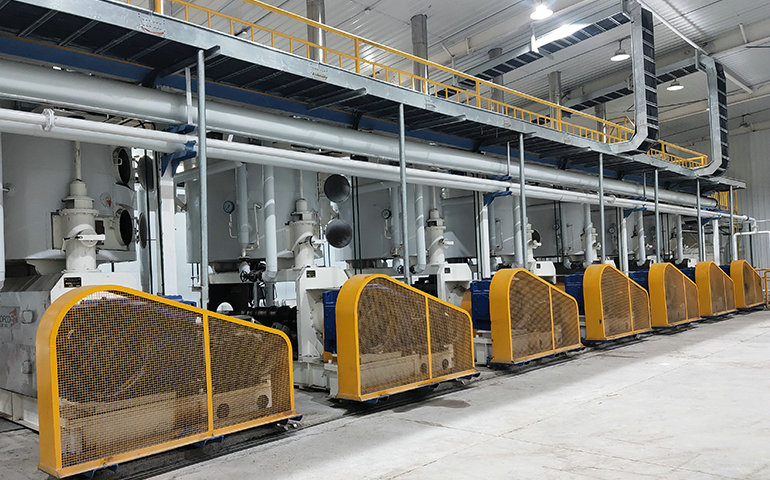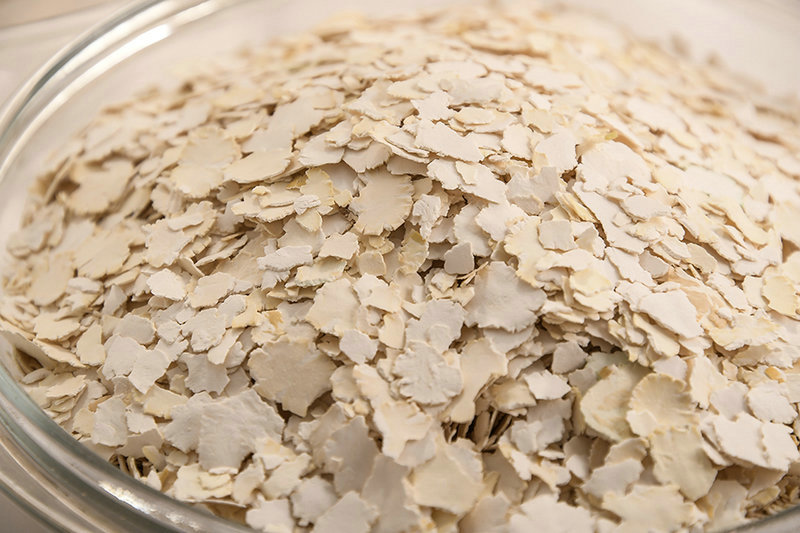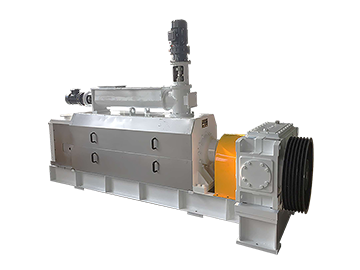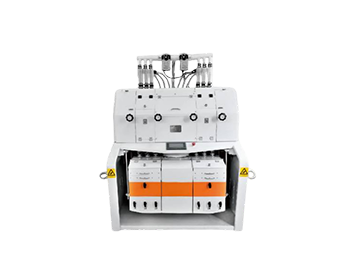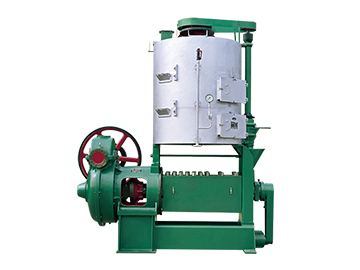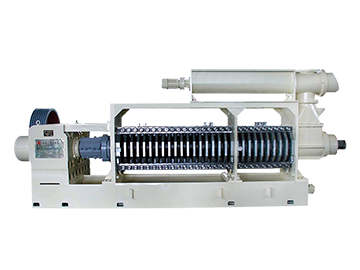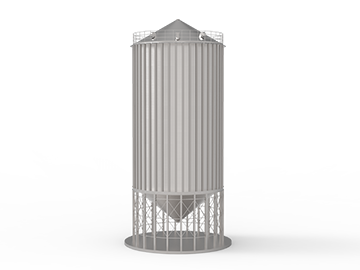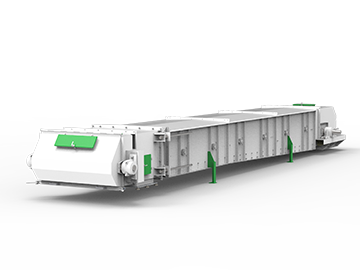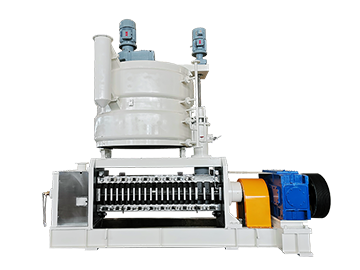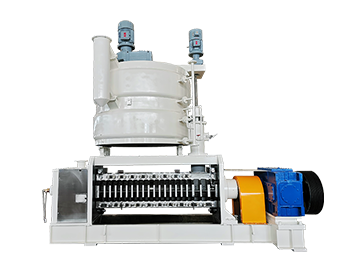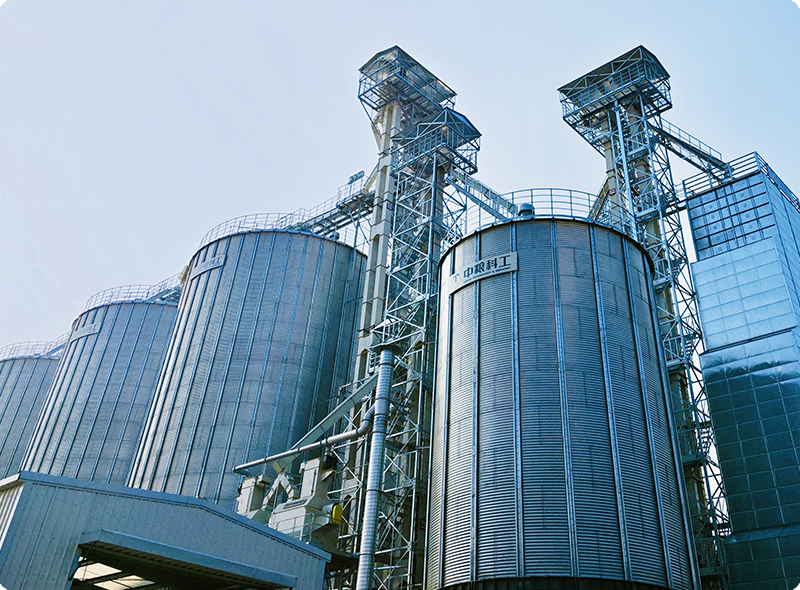Introduction of Plant-Based Insulating Oil Production Solution
Plant-based insulating oil, also known as Natural Ester Insulating Oil, is an environmentally friendly insulating medium made from renewable vegetable oils such as soybean, rapeseed, and sunflower oils. Through refining, dehydration, deacidification, and the addition of antioxidants, it serves as a sustainable and biodegradable alternative to conventional mineral insulating oils.
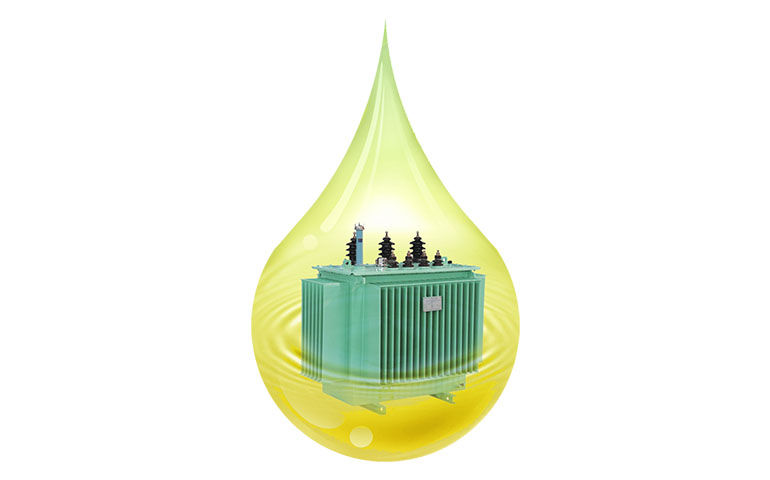
Natural Ester Insulating Oil — A Green Solution for Modern Power Systems
Typical Production Process
1. Raw Oil Pretreatment
Vegetable oil is degummed, deacidified, decolorized, and deodorized to remove impurities, free fatty acids, and odors.
2. Refining and Modification
Vacuum refining and esterification processes are applied to enhance chemical stability and electrical performance. Proper antioxidants are added to improve thermal aging resistance.
3. Dehydration and Filtration
Vacuum drying and high-precision filtration ensure extremely low moisture and impurity levels, meeting insulation quality standards.
4. Testing and Packaging
Key parameters such as viscosity, breakdown voltage, flash point, and acid value are rigorously tested before qualified products are packaged and stored.
Applications
Power Transformers
Used as an insulating and cooling medium, offering high dielectric strength, excellent thermal stability, and superior cooling efficiency.
Instrument Transformers & Capacitors
Provides reliable electrical insulation, minimizes equipment aging, and reduces environmental impact.
Distribution Equipment
Applicable to indoor and outdoor distribution transformers, as well as wind and solar power substations.
Renewable Energy Sector
Widely used in modern green grids, supporting low-carbon, sustainable power transmission and distribution.
Key Advantages
Renewable and Biodegradable: Derived from natural vegetable oils with a biodegradability rate above 98%.
High Flash Point & Safety: Typically above 300°C, ensuring excellent fire resistance.
Low Environmental Impact: Non-toxic, non-polluting, and compliant with global environmental standards.
Superior Electrical Performance: High dielectric strength and strong oxidation stability for long-term reliable operation.
The core factors affecting the quality of plant-based insulating oil include the conventional refining and physical deacidification equipment as well as the post-refining reaction system. During the post-refining stage, key process parameters — such as the selection of additives, reaction time, and reaction temperature — play a decisive role in determining the oil’s electrical performance and long-term stability.
COFCO Engineering has established a comprehensive technical system and fully mastered both the process parameters and the design and manufacturing of key equipment for conventional and post-refining stages. This enables us to provide high-quality and sustainable insulating oil production solutions for our global partners.
1. Raw Oil Pretreatment
Vegetable oil is degummed, deacidified, decolorized, and deodorized to remove impurities, free fatty acids, and odors.
2. Refining and Modification
Vacuum refining and esterification processes are applied to enhance chemical stability and electrical performance. Proper antioxidants are added to improve thermal aging resistance.
3. Dehydration and Filtration
Vacuum drying and high-precision filtration ensure extremely low moisture and impurity levels, meeting insulation quality standards.
4. Testing and Packaging
Key parameters such as viscosity, breakdown voltage, flash point, and acid value are rigorously tested before qualified products are packaged and stored.
Applications
Power Transformers
Used as an insulating and cooling medium, offering high dielectric strength, excellent thermal stability, and superior cooling efficiency.
Instrument Transformers & Capacitors
Provides reliable electrical insulation, minimizes equipment aging, and reduces environmental impact.
Distribution Equipment
Applicable to indoor and outdoor distribution transformers, as well as wind and solar power substations.
Renewable Energy Sector
Widely used in modern green grids, supporting low-carbon, sustainable power transmission and distribution.
Key Advantages
Renewable and Biodegradable: Derived from natural vegetable oils with a biodegradability rate above 98%.
High Flash Point & Safety: Typically above 300°C, ensuring excellent fire resistance.
Low Environmental Impact: Non-toxic, non-polluting, and compliant with global environmental standards.
Superior Electrical Performance: High dielectric strength and strong oxidation stability for long-term reliable operation.
The core factors affecting the quality of plant-based insulating oil include the conventional refining and physical deacidification equipment as well as the post-refining reaction system. During the post-refining stage, key process parameters — such as the selection of additives, reaction time, and reaction temperature — play a decisive role in determining the oil’s electrical performance and long-term stability.
COFCO Engineering has established a comprehensive technical system and fully mastered both the process parameters and the design and manufacturing of key equipment for conventional and post-refining stages. This enables us to provide high-quality and sustainable insulating oil production solutions for our global partners.
Oil Processing Projects
You Might Also Be Interested In
Related Products
You Are Welcome To Consult Our Solutions, We Will Communicate With You In Time And Provide
Professional Solutions
Full Lifecycle Service
We provide customers with full life cycle engineering services such as consulting, engineering design, equipment supply, engineering operation management, and post renovation services.
We're Here to Help.
Frequently Asked Questions
-
Grain & Oil Processing Equipment as a New Driver of Productivity+Cutting-edge technologies such as synthetic biology and AI-powered precision nutrition are reshaping the food industry, enabling a paradigm shift from “natural growth” to “molecular design.”
-
Technology for Producing Diacylglycerol+Diacylglycerol oil is made from edible oils such as soybean oil, rapeseed oil, flaxseed oil, and palm oil.
-
The enzyme-based production of D-Allulose independently developed by COFCO Corporation+COFCO Biotechnology's Corn Deep Processing National Engineering Research Center, in collaboration with the COFCO Nutrition and Health Research Institute, has developed an enzyme-based technology for producing D-Allulose from corn starch after years of research.
-
Scope of Technical Service for Grain-based Biochemical Solution+At the core of our operations are internationally advanced strains, processes, and production technologies.
Inquiry
